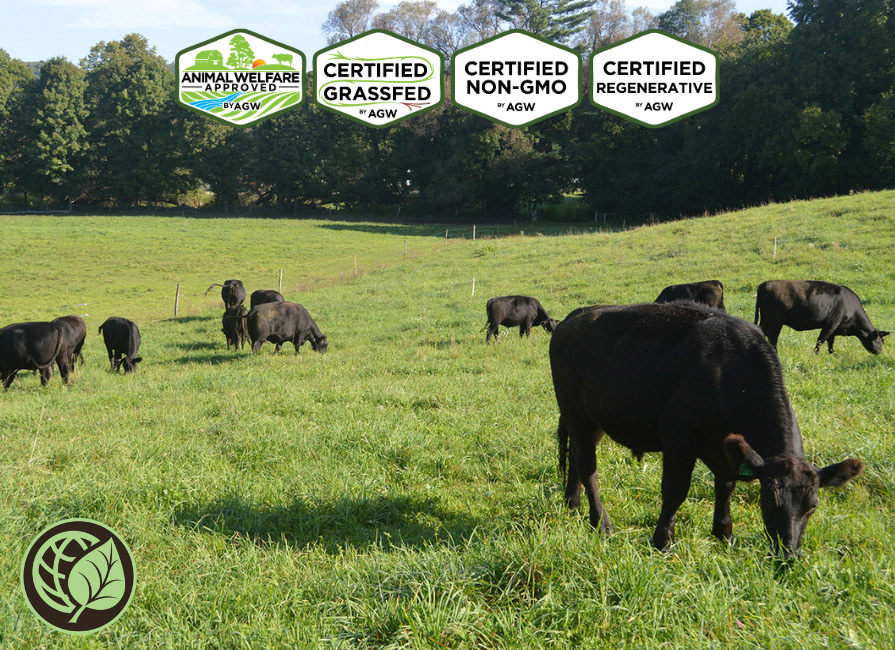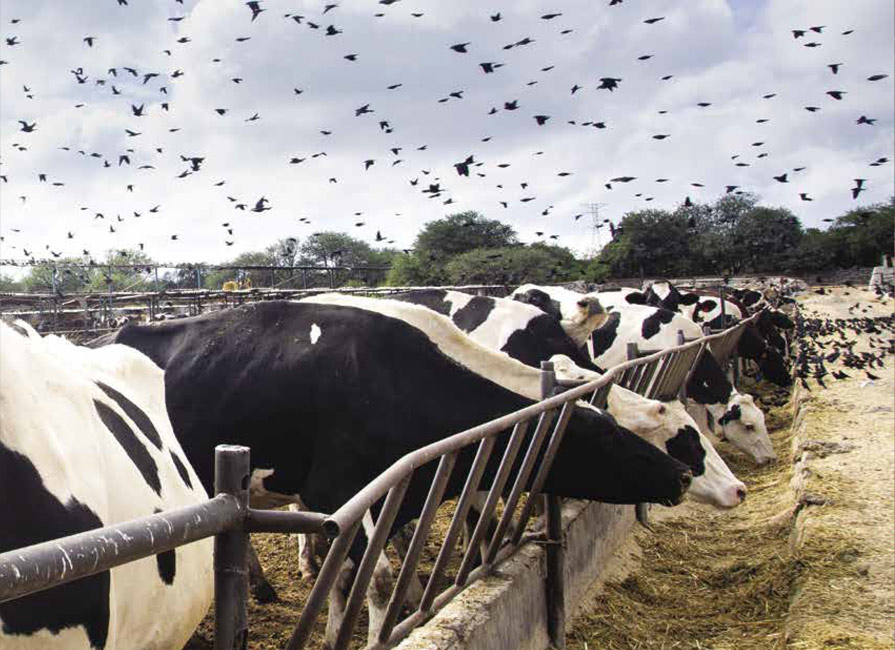One of the key attractions of our Certified Regenerative by AGW program is its practical…
Wright Egg Recall–550 Million Reasons to Support Pasture-Based Farming
 As the August 13 recall of eggs from Wright County Egg Farm expands, it continues to show us all how fragile our nation’s food supply is while highlighting the risks we run by concentrating our egg production in vast warehouses. A single group of battery caged hens appears to be affecting millions of people in the West and Midwest. Another day, another big food recall—it’s not a surprise—but it is a good example of how our food system fails us in almost every way.
As the August 13 recall of eggs from Wright County Egg Farm expands, it continues to show us all how fragile our nation’s food supply is while highlighting the risks we run by concentrating our egg production in vast warehouses. A single group of battery caged hens appears to be affecting millions of people in the West and Midwest. Another day, another big food recall—it’s not a surprise—but it is a good example of how our food system fails us in almost every way.
Salmonella is an unintended consequence of industrialized food production. No one set out to design a system that promotes disease; they just wanted to produce cheap food. However, it is a biological fact that if you keep animals in large numbers in a confined environment then pests and diseases will inevitably spread. Recent research has shown a direct correlation between flock size and confinement and the presence of salmonella. The bigger the flock and the more confined, the greater the risk of infection.
On the farm, salmonella generally passes from bird to bird through manure and dust. Because hens are so closely confined in cage systems the risk of cross-contamination is very high. And despite claims of high biosecurity and basic hygiene practices, scientists have also found extensive salmonella contamination on walls, feeders, drinkers, floors, and feed. Stress has been cited in many studies as a precursor to or promoter of disease and this is certainly the case for intensive production, where overcrowded and unhygienic conditions and poor air quality only heighten the risks of disease outbreaks.
If someone put a deadly bacterium in the water supply or if there were a flu outbreak that crossed state borders and imperiled millions of people, we’d see a massive response on every level. This recall now stands at 550 million eggs, most of them sold to consumers unaware of the owner of the egg operation’s (Jack DeCoster) history and without much chance of finding an alternative.
Part of the problem with the industrial farming model is that big agribusiness puts consumer safety in the hands of very small group of producers, leaving consumers vulnerable because of lack of alternative sources for products. The farms are owned by DeCoster “Family” Farms. One of the things I dislike is the imaginative use of the term “family farm/er.” Jack DeCoster definitely does not meet the Animal Welfare Approved definition of a family farmer. He owns multiple facilities in multiple states and his operations confine millions of hens. He’s been cited numerous times as a repeat violator of environmental laws; he’s been fined for violations in the workplace, and cited and fined for animal cruelty. Not the behavior of any family farmers we know.
You don’t allow rodents in your kitchen, but you are allowed to buy eggs from a producer who is on record as having them in his chicken houses. You wouldn’t go out and buy a nicely sealed package with a skull and cross bones on it, keep it in your refrigerator to give to your children, would you? Why on earth are we accepting this product into our homes when we could be using sustainable, traceable systems that work with nature rather than unsuccessfully fighting against it?
Science tells us to eat eggs as a source of nutrition. That same type of science tells us that eating eggs from flocks kept outside on true pasture-based systems – note I’m saying ”true pasture- based” and not necessarily organic–-massively reduces our risk of food borne illnesses. I’ve read the statements that in order to protect ourselves against salmonella and of course E coli O157 we should boil and bake our pathogen-laden food. These kinds of suggestions put the burden on consumers to take extra precautions against diseases that could otherwise be avoided by appropriately designed systems, operated by professional farmers with a focus on animal welfare, environmental sustainability and social responsibility. Profit has a much broader definition than simply percentage return to the business producing the eggs.
Am I saying all eggs have salmonella in them? Absolutely not. Many great farmers work to ensure safe food makes it to our tables. But, the system the vast majority of us rely on for our food is broken and it needs more than just a band aid – it needs major surgery. The reality is that, by their very nature, intensive farming systems are actually more likely to make animals and humans sick. Is there any other business that would be allowed to continue to play Russian roulette with people’s health and well-being?
Not sure if I’ll be having eggs with my bacon today unless I know they came from a truly pasture-based system.


